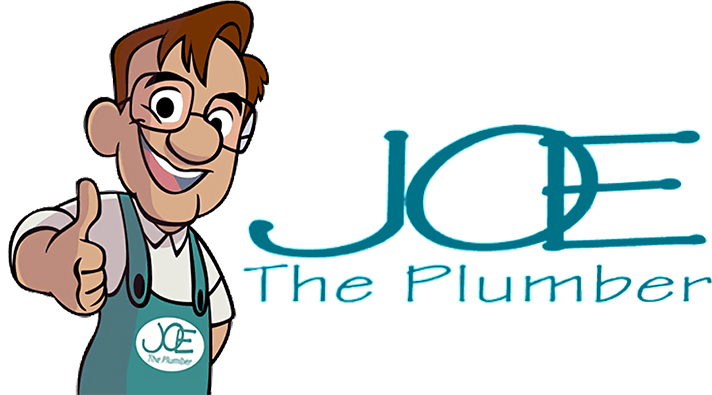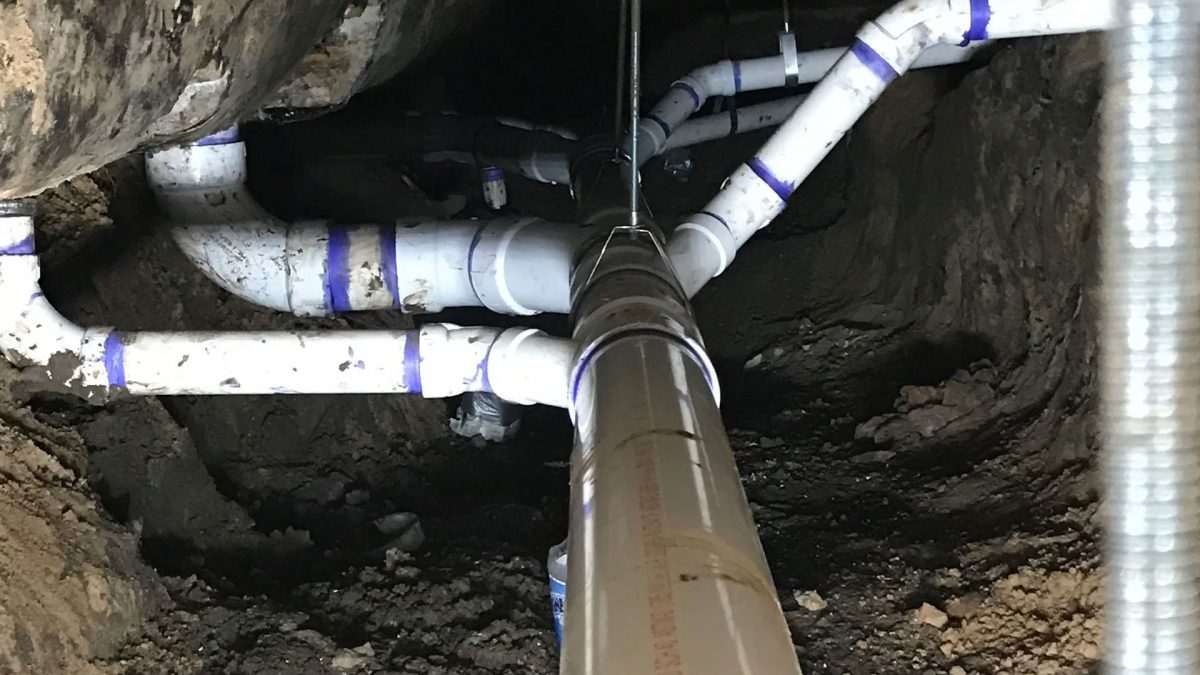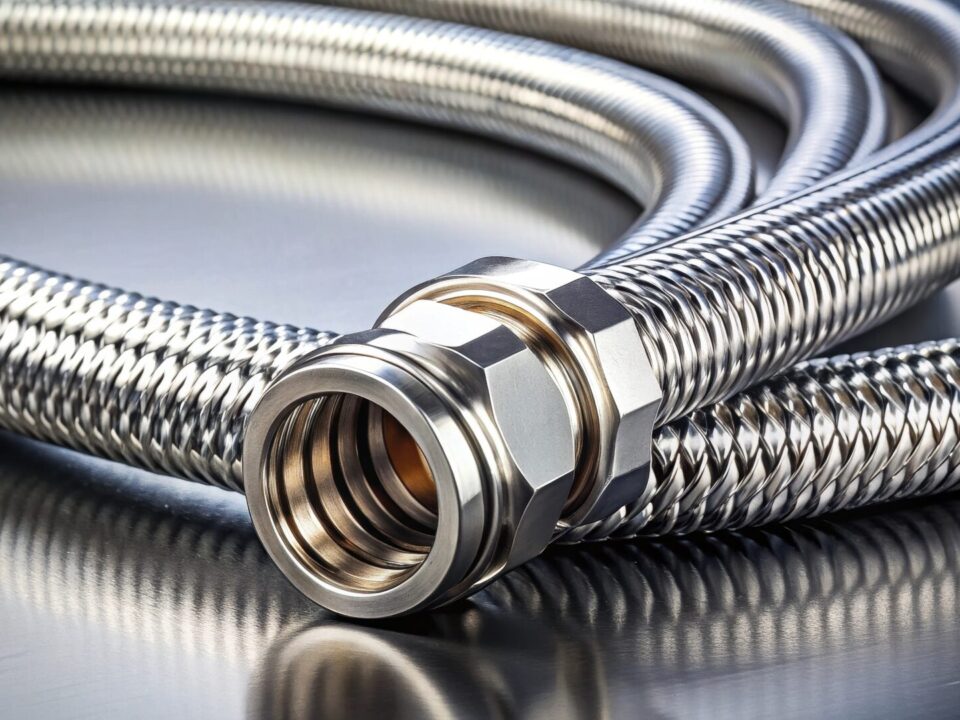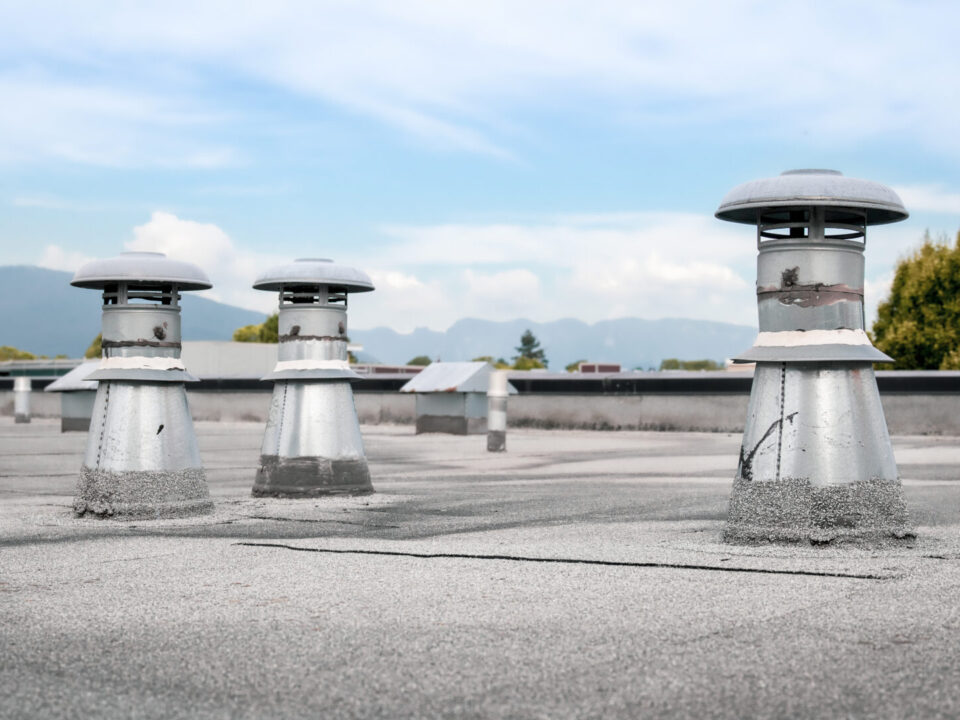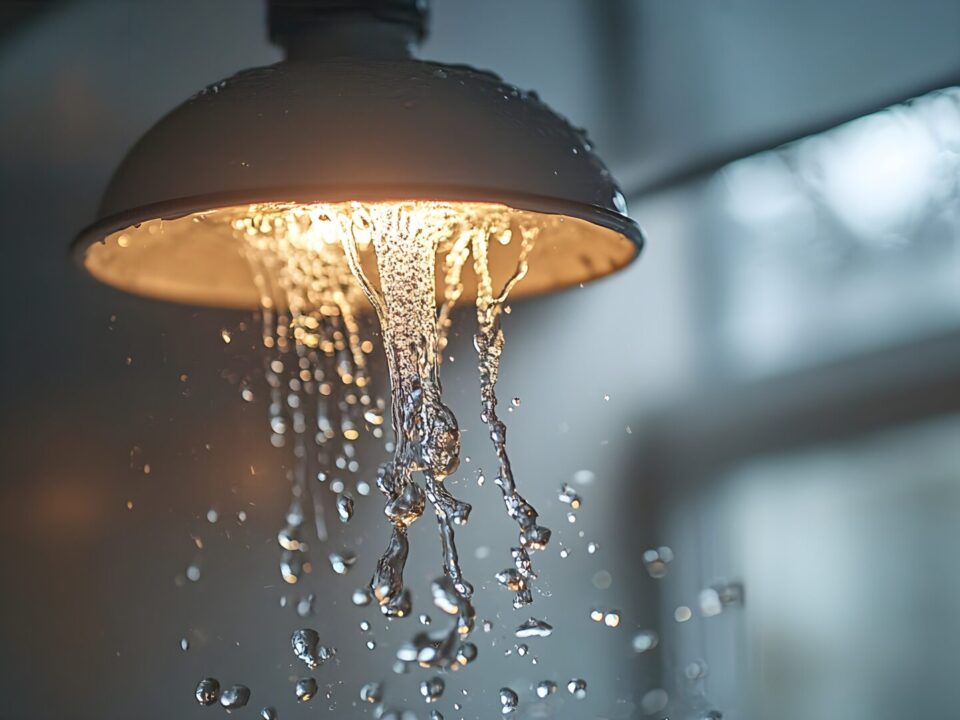Plumbing is an integral part of our lives, essential for ensuring convenience, cleanliness, and reducing stress. In this article, we will delve into the world of plumbing, its origins, and its diverse applications beyond our homes. Join us on this journey as we uncover the true potential and importance of plumbing systems.
Plumbing Systems: More Than Just Water
While plumbing has long been associated with water, its scope extends far beyond that. The concept of plumbing dates back to ancient times, with the Egyptians pioneering its early forms and the Romans refining the system. The term “plumbing” originates from the Latin word for lead, ‘plumbum.’ Simply put, plumbing refers to any system that transports fluids for various purposes.
In modern times, plumbing utilizes an array of tools such as pipes, valves, plumbing fixtures, and tanks to transport liquids. Apart from the traditional plumbing systems that regulate water in our homes and businesses, plumbing finds applications in diverse fields. These include heating and cooling (HVAC), waste removal, and delivery of potable water, among others.
Plumbing has solidified its place as an essential component of infrastructure, sanitation, and public health in our advanced world. Although boilermakers and pipefitters are often associated with plumbing, it’s important to note that they are distinct professions.
Explore our Range of Plumbing Services at Joe the Plumber of Cypress
Check out the various plumbing services we offer at Joe the Plumber of Cypress. If you need immediate assistance contact us right now.
Various Categories of Plumbing

Just as plumbing serves numerous applications, it encompasses various categories and systems. Here are five major categories you should be aware of:
1. Portable Plumbing: Ensuring Access to Water
Portable plumbing refers to the supply of cold and hot tap water, which is the most common method of obtaining water in our homes.
2. Plumbing Drainage Venting: Maintaining Proper Air Pressure
Plumbing drainage venting, also known as a drain-waste-vent system, plays a crucial role in maintaining the appropriate air pressure within the plumbing system.
3. Sewage and Septic Plumbing Systems: Effective Waste Management
Sewage systems and septic systems, with or without hot water heat recycling and gray water recovery and treatment systems, handle the disposal of used water and waste. These systems contribute to recycling water and utilizing it without fecal contamination.
4. Rainwater Plumbing Systems: Managing Surface and Subsurface Water
Rainwater plumbing systems deal with the drainage of rainwater, surface water, and subsurface water. These systems include gutters installed outside our homes.
5. Hydronics: Harnessing Thermal Energy
Hydronics involves heating and cooling systems that utilize water to transport thermal energy. District heating systems, such as the New York City steam system, are an example of Hydronics used to distribute heat.
The Evolution of Plumbing Over Time
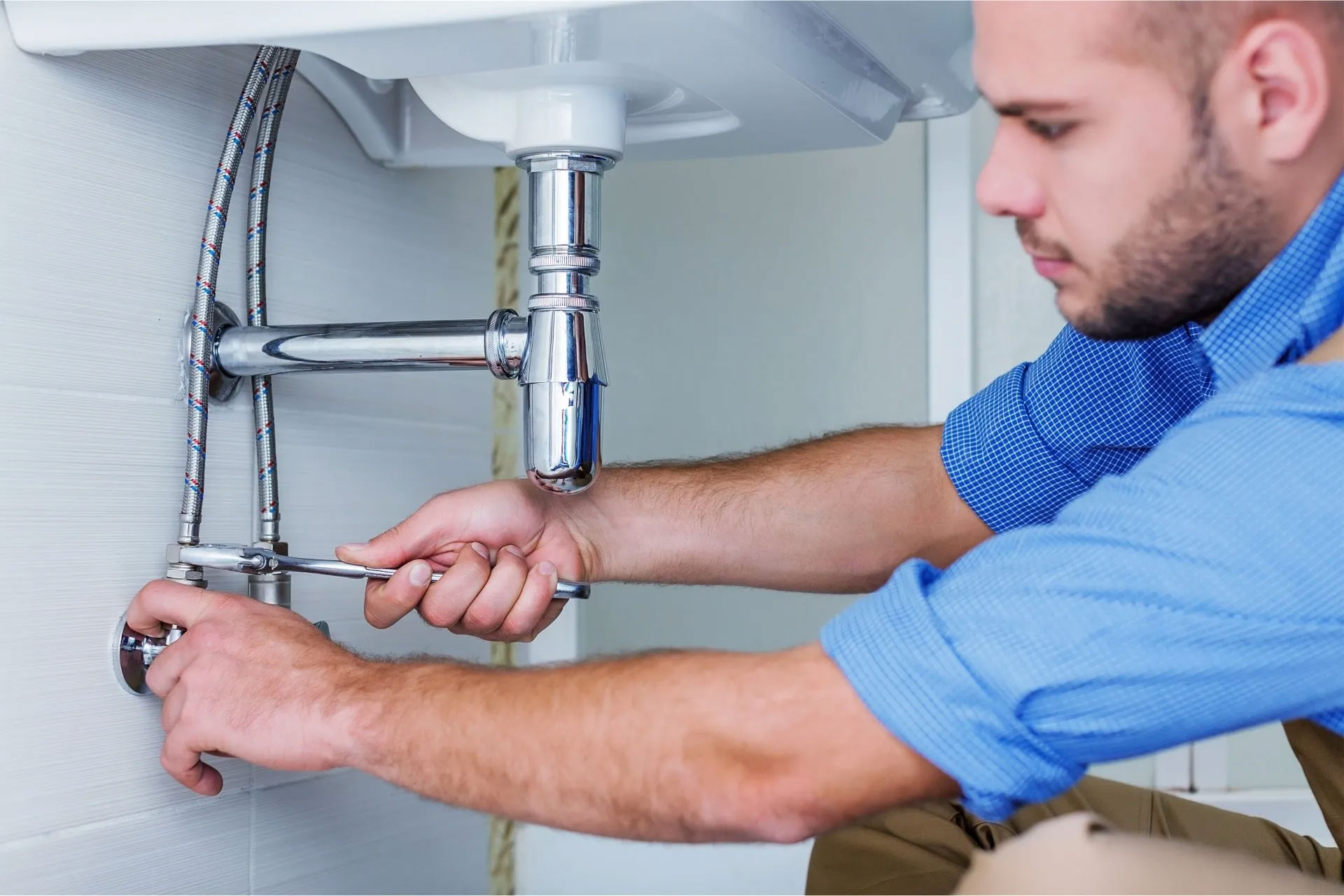
Plumbing techniques have evolved alongside the progress of civilization. Ancient water systems operated in ways distinct from our modern methods. Gravity played a vital role in the water supply of ancient civilizations, and pipes or channels were typically crafted from materials such as clay, lead, bamboo, wood, or stone.
In the past, hollowed wooden logs bound with steel bands were used as plumbing pipes, particularly for water mains. Approximately 500 years ago, England relied on logs for water distribution. Later, American cities adopted this method and employed hollowed logs from the late 1700s through the 1800s.
Today, plumbing supply pipes are primarily made of materials like steel, copper, and plastic, while waste pipes are composed of steel, copper, plastic, and cast iron.
Plumbing systems always involve pipes and tubes, which are the straight sections of the overall system. Pipes, usually with thick walls, are made through welding or casting and can be welded or threaded. Tubes, on the other hand, have thinner walls and are created through extrusion. Joining techniques such as crimping, brazing, or solvent welding may be required for certain types of tubes, particularly those made of plastic. For more detailed information on joining techniques, refer to our comprehensive guide on piping and plumbing fittings.
Present-Day Plumbing – What You Need to Know
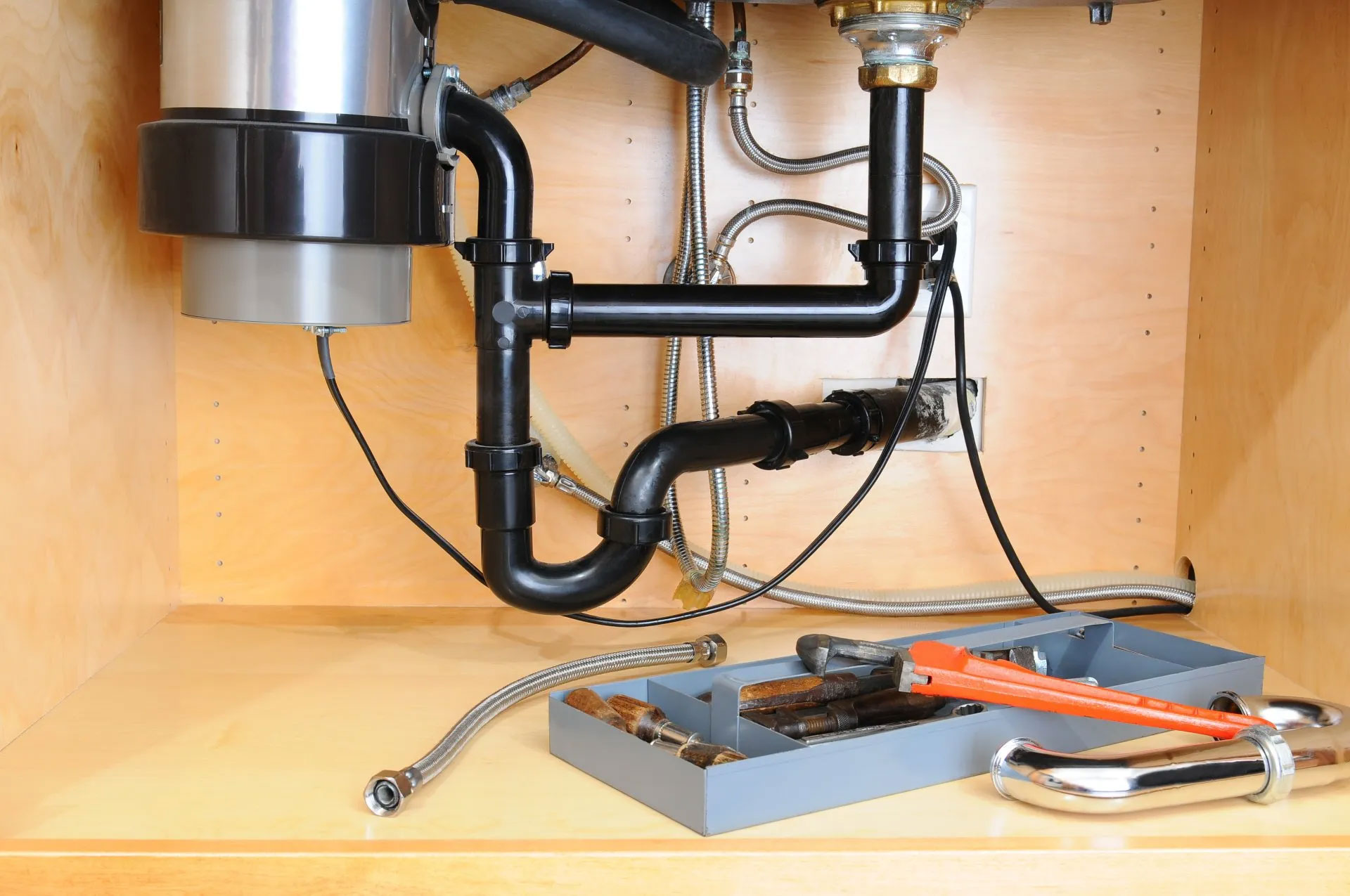
Modern water supply systems differ significantly from their ancient counterparts. Today, water supply systems employ high-pressure pumps and use non-toxic materials such as copper, brass, plastic, and others for the pipes within buildings. The use of lead, which was common in ancient plumbing systems, has been discontinued due to its toxicity.
While lead water supply pipes were still approved by national plumbing codes until the 1980s, most American cities phased them out by the 1920s. In 1986, the use of lead in plumbing solder for drinking water was officially banned. Presently, non-toxic materials like plastic, steel, cast iron, and lead are used for drain and vent lines.
Choosing a Local Plumber: Trust the Experts

Fortunately, plumbing has come a long way since its inception thousands of years ago. It has transformed into a science and an industry that deserves respect and recognition. At Joe The Plumber, we not only recognize the importance of plumbing in our daily lives but also view it as a delicate art. Our goal is to ensure stress-free plumbing projects for our customers. With our expertise and dedication, we proudly stand as the premier plumbing service in the Cypress and Houston area. Contact us today to speak with one of our experts.
For the latest news, be sure to visit our plumbing blog!




